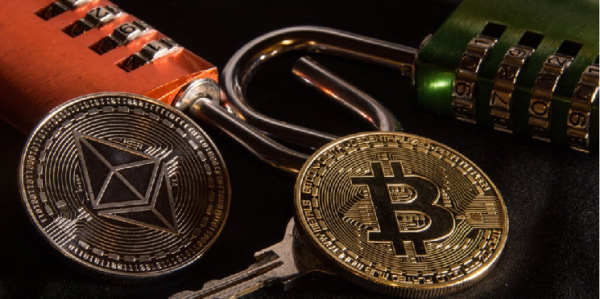This Bitcoin DeFi Exchange Wants to Save You From Hacks

A Bitcoin-based decentralized exchange (DEX) is coming—and its architects are hoping to save users from the messy and hack-prone world of bridges.
Portal, a San Francisco-based startup, just raised $34 million in a seed funding round from the likes of Coinbase Ventures, OKX Ventures, and Arrington Capital to support the development of the product.
The DEX allows anyone to swap Bitcoin (BTC) for other cryptocurrencies—quickly, cheaply, and without a middleman.
A DEX, or digital asset exchange, allows users to trade tokens directly. Unlike major crypto exchanges like Binance, anyone can execute trades on a DEX because the platforms do not ask for customer information like name, address, or ID from traders—information required by most know-your-customer (KYC) financial regulations.
The idea behind Portal, CEO Chandra Duggirala told Decrypt, is for the peer-to-peer (P2P) platform to help users make quick swaps with BTC to other chains, do so as cheaply, as quickly as the Lightning Network—and with little risk.
Why is there so much risk today? Because people in the decentralized finance (DeFi) sphere typically swap cryptocurrencies via cross-chain bridges. Bridge protocols—which allow users to transfer assets from one blockchain to another—are prone to hacks. In fact, in the past 18 months, $2.8 billion has been lost in cross-chain custodial solutions, Duggirala told Decrypt.
Portal says it will solve this with “secure and transparent Layer 2 atomic swap technology.” Atomic swaps refer to cross-chain swapping technology powered by cryptography and smart contracts.
Portal will also use the funding to develop a non-custodial mobile wallet that integrates the main DEX and allows users to send, receive, and store assets across blockchains via their smartphone.
“Portal is pioneering what DeFi on Bitcoin looks like, and we are thrilled to be supporting this team that continues to deliver,” Michael Arrington, founder and partner of Arrington Capital, said in a prepared statement.
Edited by Ryan Ozawa.